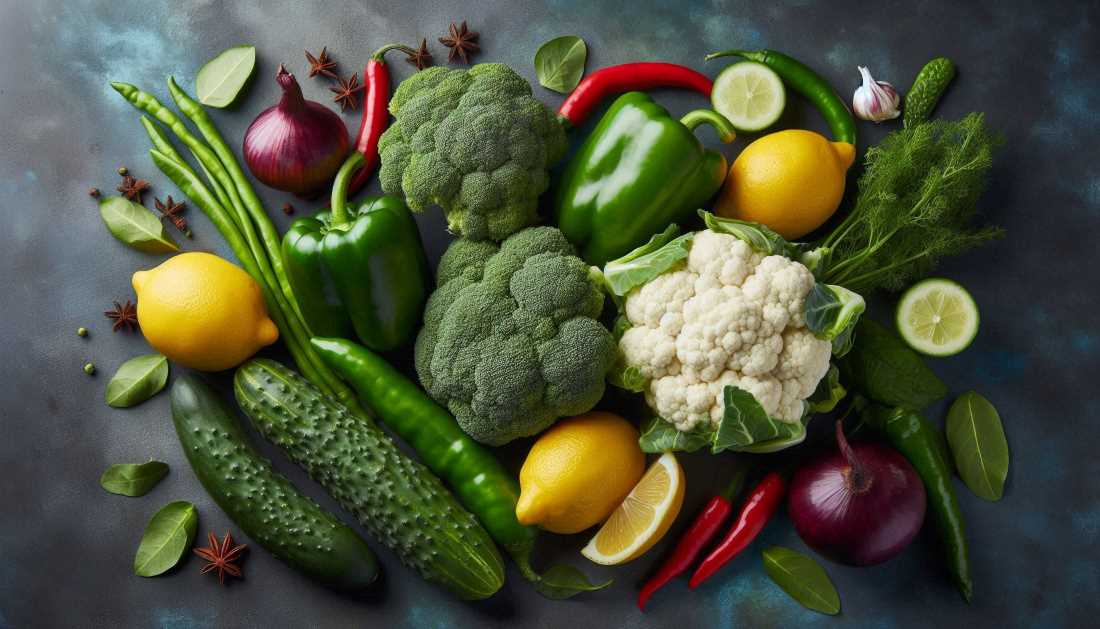Mexico's Surprising Success in the Produce World
Mexico has emerged as a major agricultural exporter, driven by increased production of green chile, broccoli, cauliflower, lemon, and cucumber. This surge is fueled by favorable climate, advanced farming techniques, and strong trade agreements.

In recent years, Mexico has cemented its position as a global agrifood powerhouse, emerging as the second-largest exporter of chili, broccoli, cauliflower, lemon, and cucumber. This impressive achievement, reported by Mexico’s Ministry of Agriculture and Rural Development, reflects the growing international demand for Mexican produce and the relentless efforts of the country's farmers, exporters, and regulatory bodies that sustain these vibrant production chains.
Mexico's success in agrifood exports can be attributed to a confluence of factors, including strategic trade agreements, robust agricultural practices, and the nation’s solid reputation for food safety and quality. At the heart of Mexico’s agrifood dominance is an extensive network of 14 free trade agreements with 51 countries. These agreements grant Mexico preferential access to a massive market of 1.376 billion consumers, placing it as the ninth-largest food exporter globally.




